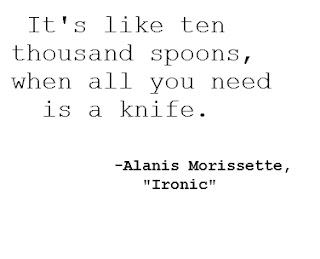You could make an argument that all fiction authors are really professional liars who spin wild stories out of thin air...but they are honest about one thing: the fact that they’re lying. But there are other authors, those who claim to write non-fiction stories that actually aren’t. This is the story of a lying author who spun a wild tale -- and couldn’t live with what he did. This is a story about integrity, and the writers who don’t have it.
Not-So-Sweet Little Lies
Chief Buffalo Child Long Lance was born Sylvester Clark Long before he changed his name. He used his changed name to publish his autobiography, "Redman Echoes," in 1928. An adventurous tale of a young boy who was the son of a Blackfoot Native American Chief, the story was thrilling. It was also a huge hit. Almost overnight, Chief Buffalo Child became a celebrity and his book became a must-read. Literary critics, anthropologists and fans heaped praise upon him. Soon, the Chief was being invited to fancy New York parties and traveling the country to speak about Native American causes. He even endorsed a shoe. The man was a rock star of the literary world. There was just one problem: he was a huge liar.
Not-So-Sweet Little Lies
Chief Buffalo Child Long Lance was born Sylvester Clark Long before he changed his name. He used his changed name to publish his autobiography, "Redman Echoes," in 1928. An adventurous tale of a young boy who was the son of a Blackfoot Native American Chief, the story was thrilling. It was also a huge hit. Almost overnight, Chief Buffalo Child became a celebrity and his book became a must-read. Literary critics, anthropologists and fans heaped praise upon him. Soon, the Chief was being invited to fancy New York parties and traveling the country to speak about Native American causes. He even endorsed a shoe. The man was a rock star of the literary world. There was just one problem: he was a huge liar.


































































